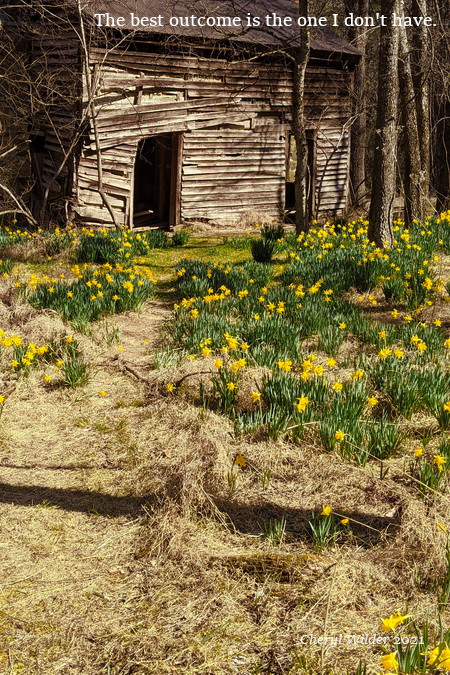When we want to heal after tragedy, we look for answers. Answers aren’t easy—if there are answers at all.
People reassured me a car crash wasn’t my fault, even though I was behind the wheel drunk, because it was an “accident.” “Accident” was their answer, and it seemed to provide closure. The word “accident” made me feel even more alone.
When I spill a glass of water or trip and knock over a lamp—those are accidents. When I drive drunk and crash a car…
Yes, the crash was unintentional. I didn’t plan to drive drunk or lose control of the car. I didn’t plan for my friend in the passenger seat to suffer brain damage. But this didn’t absolve my actions leading up to the crash. And “accident” didn’t help me heal: I didn’t know how to live in a world where I was capable of this tragedy. I needed language that held me personally responsible. (I’m not talking about stricter incarceration laws—that doesn’t help.) Until that happened, I couldn’t begin to forgive myself. I couldn’t learn from my mistake in the way I needed and wanted.
Anything That Happens
It wasn’t until I looked up the definition for “accident” that I realized why the word made me feel lonelier and even more helpless than I already did.
accident (‘ӕksidәnt), sb. [a. Fr. accident: —L. accidens. –ent, sb. properly pr. pple. of accid-ӗre to fall, to happen.]
- Anything that happens.
- † a. An occurrence, incident, event. Obs. b. Anything that happens without foresight or expectation; an unusual event, which proceeds from some unknown cause, or is an unusual effect of a known cause; a casualty, a contingency. the chapter of accidents: the unforeseen course of events. c. esp. An unfortunate event, a disaster, a mishap.
[The Compact Oxford English Dictionary, 2nd ed., s.v. “accident.”]
I’m not alone in this thinking. Here’s two articles: “It’s no accident” and “When a car crash isn’t an accident.” Both talk about the “Crash not Accident” effort started by Transportation Alternatives and Families for Safe Streets based in New York City.
On a similar note—and yet a whole other discussion—restorative justice “is an approach to justice in which one of the responses to a crime is to organize a meeting between the victim and the offender, sometimes with representatives of the wider community.” (Wikipedia)
Quote and photo by author. All rights reserved.




